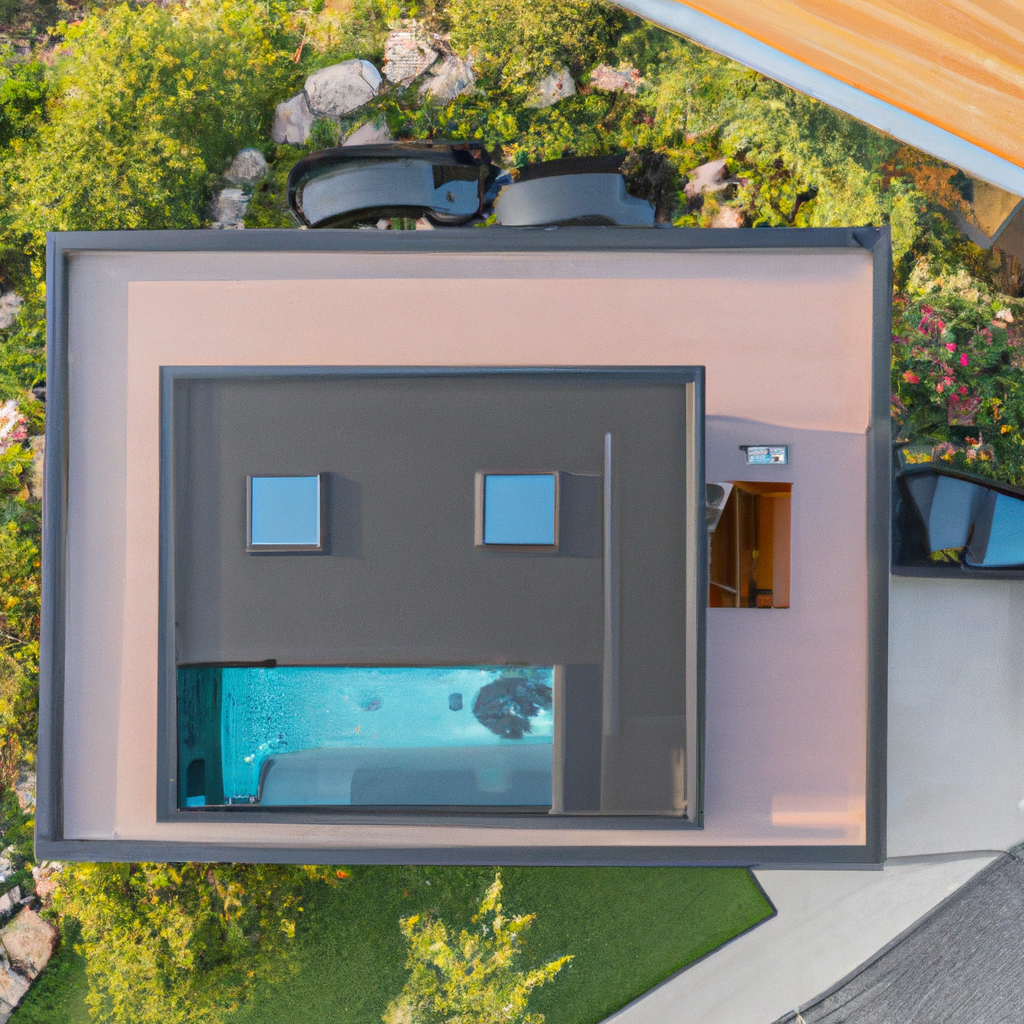Smart Home Technology: Revolutionizing Home Automation

Smart home technologies are transforming the way we live by automating and optimizing various aspects of our homes. With the rise of AI and IoT, homes are becoming smarter, more efficient, and more sustainable.
Benefits of Smart Home Technology
One of the main benefits of this technology is energy efficiency. Smart thermostats can learn your habits and adjust the temperature accordingly, reducing energy waste and lowering your utility bills. Smart lighting can also be customized to your preferences and schedule, turning off when you leave a room or dimming when it’s time to wind down.
Another advantage is security. Smart locks, cameras, and alarms can detect and prevent intrusions, alert you in real-time, and allow you to monitor your home from anywhere. This is particularly useful for families with children or pets, as it provides an extra layer of safety and peace of mind.
Challenges and Concerns
However, there are also challenges and concerns associated with smart home technology. One of the main concerns is privacy and data security, as these devices collect and store sensitive information about our habits, preferences, and activities. There is also the risk of hacking and cyber attacks, which could compromise our homes and personal information.
Real-life Examples
Some examples of smart home technology include the Amazon Echo, which uses Alexa to control your home and answer your questions, and the Nest Learning Thermostat, which learns your habits and automatically adjusts the temperature to save energy. These devices are becoming more affordable and accessible, making it easier for homeowners to adopt and benefit from smart home technology.
The Future of Smart Home Technology
Despite these challenges, the future of this technology looks promising. As it advances and becomes more integrated, we can expect to see more efficient, sustainable, and user-friendly homes. Smart homes will not only be more convenient and secure but also more personalized and tailored to our needs and preferences.
Conclusion
In conclusion, smart home technologies are revolutionizing the way we live by automating and optimizing various aspects of our homes. While there are challenges and concerns, the benefits of smart home technology are numerous, from energy efficiency and security to convenience and personalization. As the technology advances and becomes more integrated, we can expect to see more efficient, sustainable, and user-friendly homes.





